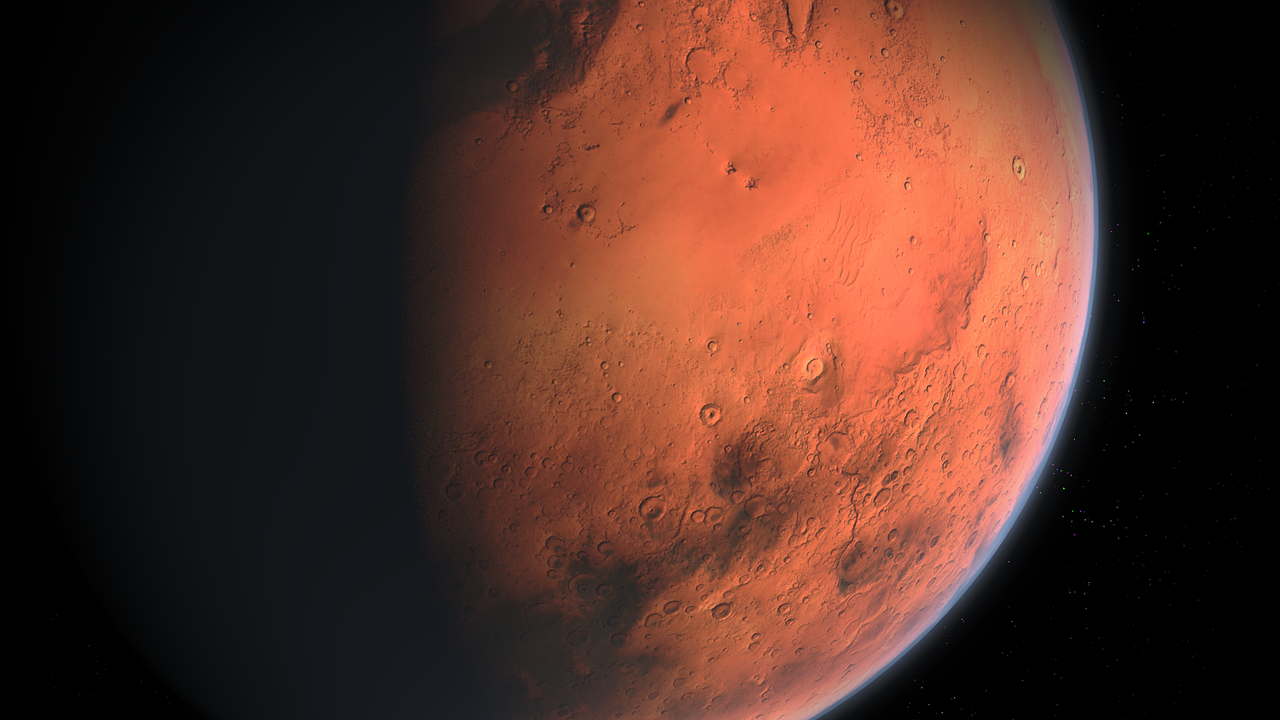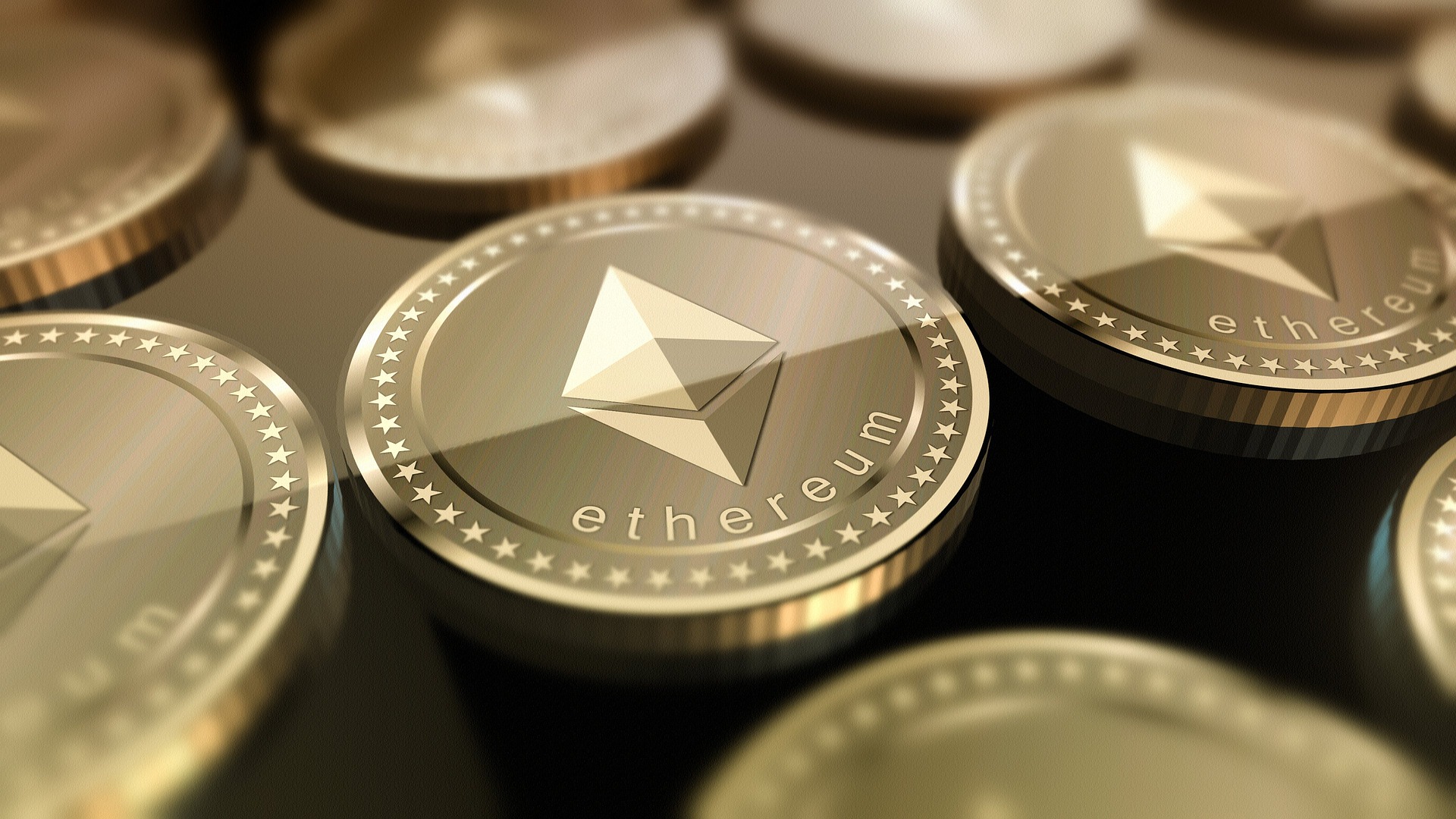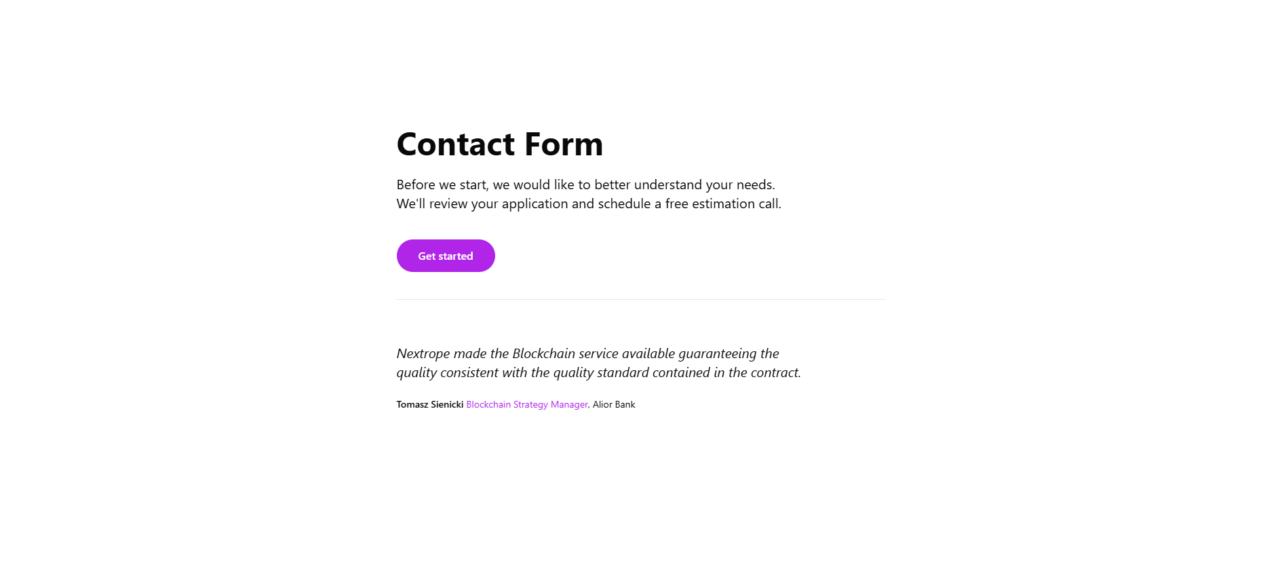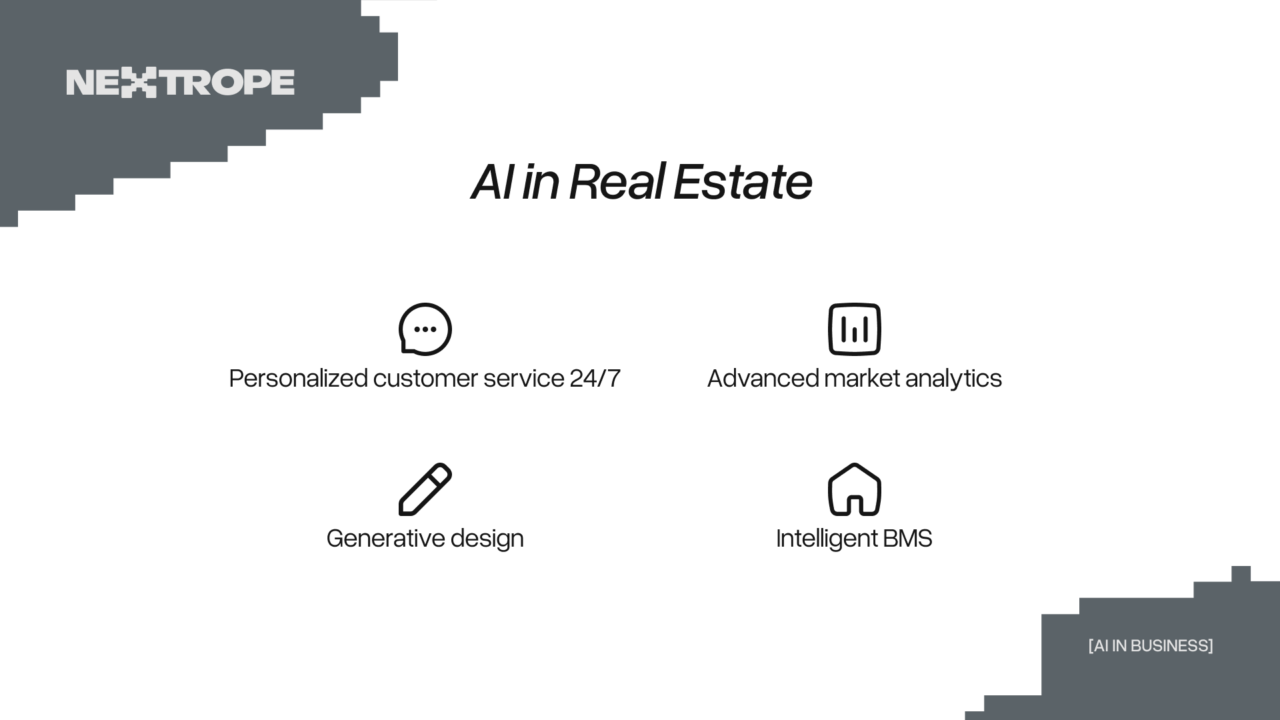Will artificial intelligence change the face of modern medicine? All signs point to yes, and sooner than we might expect.
A key feature of tools based on artificial intelligence technology is the ability to recognise relevant relationships in raw data. It turns out that this ability can be used in virtually all areas of medicine. Already, AI technology is enabling medical staff to tackle problems that are time-consuming and inefficient to solve on their own. On the Nextrope blog, we present what we believe are the 3 most interesting applications of AI in medicine.
Sorting out information chaos
Dozens of clinical trials are published daily. Many experts and doctors agree that in such a plethora of data, it becomes increasingly difficult to select those relevant to the case of a particular patient. As in many other fields, also in medicine the demand for tools that will assist humans in combing through information seems to be higher than ever. This is where artificial intelligence comes to the rescue.
AI technologies allow doctors to find information in unstructured medical literature in a faster and more efficient way. This makes it easier for them to keep up with scientific developments, update procedures and make more accurate decisions about patient treatment. An example of such Technology is IBM Watson, used by doctors and researchers to extract valuable insights from millions of health reports, patient data records, clinical trials and medical journals.
Medical imaging
Even tests carried out using the best quality equipment are always subject to the risk of observer error if the data acquired is analysed solely by a human. Such an error can be extremely costly for both patient and doctor. The use of AI algorithms can provide a much smaller margin of error than standard solutions. Machines are simply much more accurate than humans, faster and do not make mistakes resulting from, for example, fatigue.
Recent studies, such as tests of an algorithm created by Google to detect early stages of breast cancer, show that artificial intelligence solutions are able to achieve results more than 50% better than traditional methods. Over the past few years, several solutions using AI in diagnostic imaging have hit the market. These include CT analysis tools from NVIDIAand Siemens, and Aidoc'sX-ray analysis software, which is already used in more than 100 hospitals worldwide.
Cancer diagnostics
In an effort to enable early diagnosis of various types of cancer, a Romanian start-up has developed the highly accurate AI-MICADIStool. Instead of the circulating DNA molecules or tumour cells commonly used for this purpose, it focuses on examining circulating microRNA molecules. It uses AI algorithms to analyse polymerase chain reaction (PCR), microarray and next-generation sequencing (NGS) data, which are important factors in detecting the earliest stages of cancer development. "By selecting relevant molecular alterations and using artificial intelligence, we have created the best available non-invasive method for diagnosis and early detection of many types of cancer" - explains Alexandru Floares, AI-MICADIS project coordinator.
The tool is now able to not only detect 13 types of cancer, but also distinguish between malignant and benign forms. "Ultimately, we achieved a 99% accuracy rate and equipped the tool with the ability to distinguish between malignant and benign forms of the disease, "says Floares, "Furthermore, we have demonstrated that using data analytics and artificial intelligence to combine different tests outperforms a single large-scale test in terms of cost, efficiency and results."
AI in medicine - opportunities for development?
The use of AI in medicine has become a reality, not just an optimistic forecast for the future. Unfortunately, it will still be years before artificial intelligence is widely used in every hospital in the world.
However, everything indicates that in the near future we can expect big increases in the market for AI solutions in medicine. According to the Yole report, its cumulative annual growth rate for 2020-2025 will be as high as 36%, making it one of the fastest growing markets in the IT sector. According to the company's analysts, its total value is expected to exceed $2.7 billion in 2025. Maybe a visit to a robot doctor isn't such a distant prospect after all?
Want to know more about using the latest IT technologies in medicine? Check out our article on howBlockchain is supporting the development of healthcare. And if you are interested in prospective areas of implementation of artificial intelligence algorithms, readour article on AI in education.
 en
en  pl
pl 



